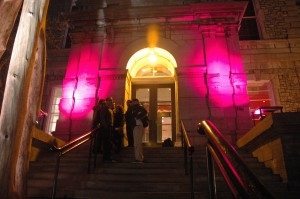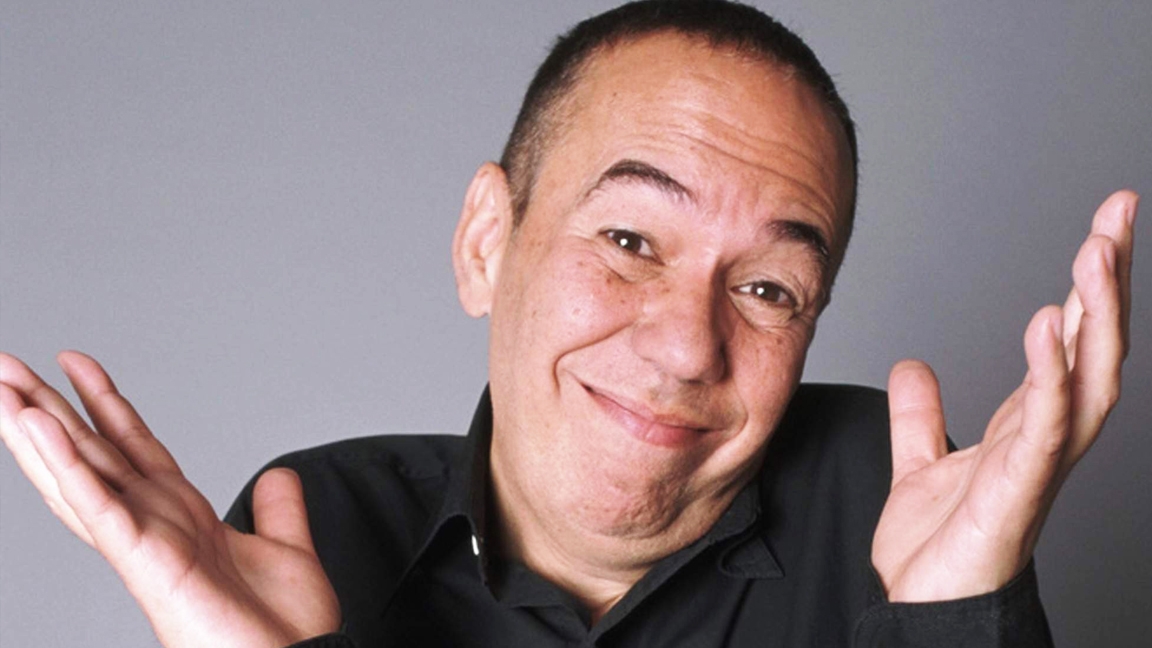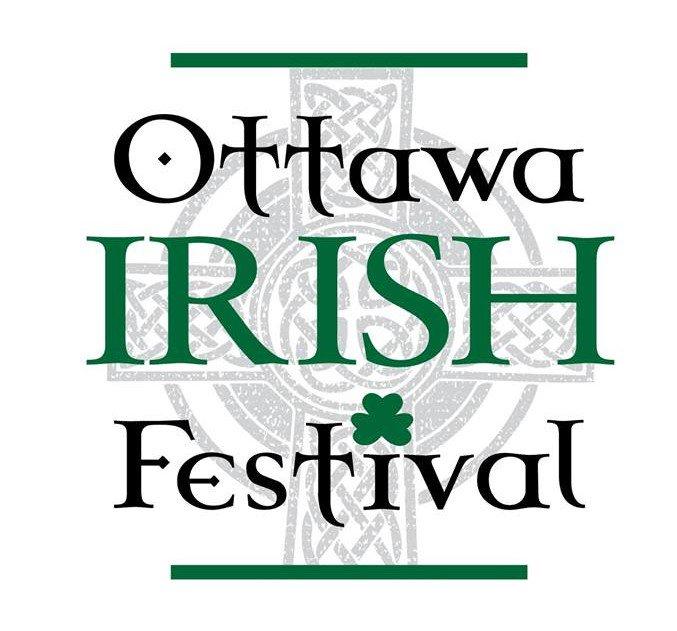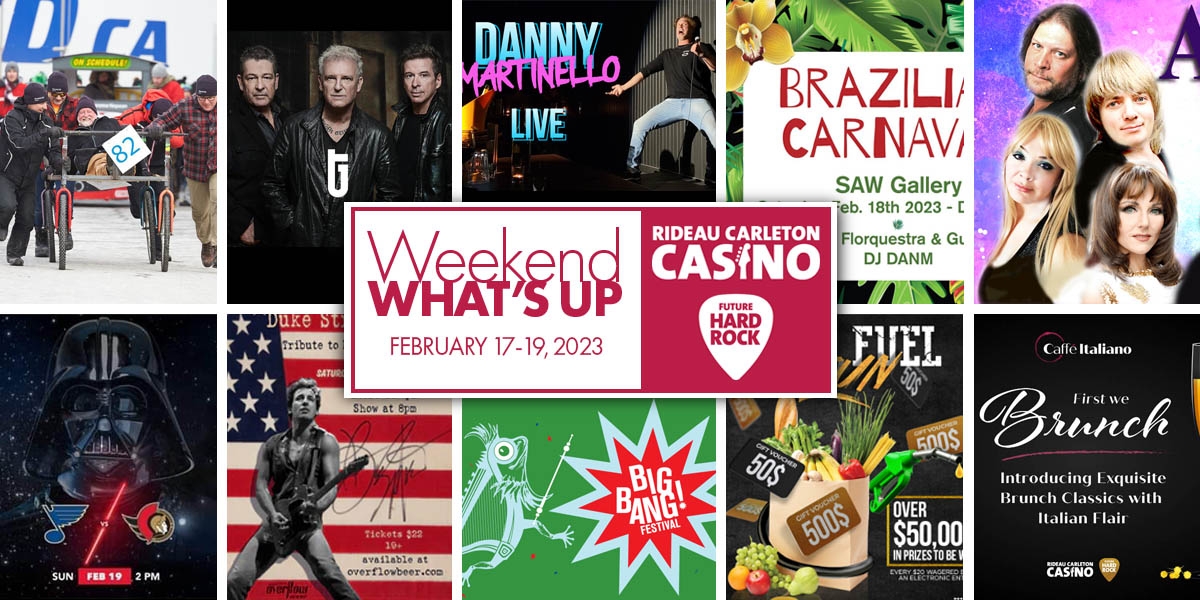
Participants at Open Ottawa Libre Brainstorm
On September 28, Ottawa had its second Open Ottawa Libre event at Arts Court. Libre was a City of Ottawa-organised and participant-driven forum for creativity and innovation in Canada’s capital. This year’s event brought together about 120 Ottawa residents from all walks of life, up from 40 at last year’s inaugural event.
The idea started when the City had discussed the need for a “creative hub” in Ottawa at the 2008 Creative Construct: Building for Culture and Creativity international symposium at Simon Fraser University. Not only was Libre a test run for the creation of a permanent creative hub, but it dealt with the central question
“What do we need to do to create a place that sparks opportunities for creative thinkers to collaborate and innovate for a better Ottawa?” According to the website, a better Ottawa means a city that becomes a “centre of creativity and innovation.”
Its findings could have a direct effect on Ottawa’s Arts and Heritage Action Plan, which is up for renewal – the last 5-year plan ended in 2008. According to Libre’s website, findings will be added to other consultations for cultural policy renewal – including to the City’s discussion paper, Culture and the Creative Economy, which introduced five strategies for Action Plan renewal. Julie Dupont, cultural planner with the City’s Cultural Services and one of the organizers, describes Libre as “different people from different disciplines coming together, […] talking about creativity and how do we move Ottawa forward.” She adds, “It’s always better to have a multidisciplinary conversation when you’re looking for change.”
The free and open-to-all event attracted representatives from both the public and private sectors. There were members from the NCC, the City, the two universities, the business and technology sectors, the culture and arts sectors, as well as organizations that work on building such conversations, such as the newly-formed Hub Ottawa.
Allyson Hewitt, Director at MaRS convergence innovation centre, was the keynote speaker. Hewitt remarked that a “convergence” of sectors needs to be part of the discussion at all times, just like at Libre. She also said that change comes slowly, and that Ottawa can only attain needed change with “relentless incrementalism”. Hewitt added that Ottawa can only do this by finding its own cultural voice: “How do we do things a little bit differently? How do we get Ottawa recognized for all the stuff that we’re doing in the cultural space? How do we not just get recognized as a federal government town?”
Ottawa-based collaboration facilitators CT Labs “custom built” this year’s proceedings according to its needs, explained CT Labs’

Christopher Comeau. First, participants were given the task to identify 12 to 15 topics based on the abovementioned central question. Then, discussion groups mulled over each topic, and came up with two workable recommendations for each topic. Participants had the choice to sit through the entirety of one discussion group or float amongst groups. Topics ranged from broad themes like defining Ottawa’s culture to narrower ones like architecture zoning laws. Conversations often centred on the creative and business sectors and how they depend on one another, and also about the needed interplay between the public and private sectors.
Finally, the hub system was rearranged to amalgamate all the groups into one grand discussion group. Participants chose from the roughly 80 final recommendations that they believed warranted deeper discussion. These eight resounded most with participants:
- Expand Ottawa’s Electric Field festival
- Create engagement campaign to celebrate Ottawa’s unusual culture
- Develop networking medium
- Commit to leadership incubation
- Develop formal business mentorship
- More live/work spaces for artists
- Reach out to all media to bring Ottawa communities together – to design institutional goals that disrupt the status quo, but are ultimately good for all
- Encourage discussion between the City and the NCC
While those in attendance were excited about the event itself, many voiced their frustrations about the fact that previous forums similar to Libre have not gone past the ideas stage. Participants hoped the most popular at Libre ideas would eventually come to fruition.
Francois Levesque, co-founder of popular Ottawa culture blog Apartment613, was a participant. He found that, “We did move on certain things that are concrete. But I think to take it a step further, it would be amazing to have someone from the political world be a champion for arts and culture in the city. And I don’t think we have that at the moment.”
But are there any tangible outcomes? For one, the entirety of the proceedings is being organized and will eventually be put online. Moreover, this was an opportunity to try out local collaboration professionals CT Labs, instead of deferring to last year’s British-based Sandbox. There is opportunity here to build a permanent creative hub in a way that is entirely unique to Ottawa’s needs. Finally, participants’ recommendations could – though it is yet uncertain as to how – change municipal arts and culture policy.
To learn more about Open Ottawa Libre visit www.openottawalibre.ca












